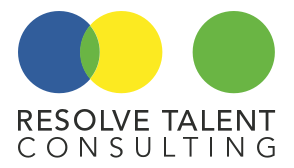Have you ever hired a candidate, then later scratched your head and asked, why did I do that? Take heart, most people have. And if we’re really honest, most people have done this multiple times. The reason? More often than we care to admit, the fault lies with the interview process. And why is that? It could be for a number of reasons, but for the sake of brevity, let’s focus on the most obvious examples.
First of all, we often make hiring decisions based on the wrong information. Degrees, grade point averages, aptitude tests, years of experience, subject knowledge, etc., provide seemingly objective and fool-proof information, but they are not enough to reveal the person behind the data. Next, unstructured interview formats can create gaps in information that make it hard to compare candidates or gather the right insights to make informed decisions. Finally, like it or not, we all have personal biases which can play into our hiring decisions.
I propose a better process: the behavioral event interview. This is a structured interview format that focuses on how the candidate goes about their work, and also reveals repeated behaviors or patterns of thinking. Such behaviors or patterns are called competencies, and they can predict future success better than references or even job tryouts. Research has shown that behavioral event interviews can increase the likelihood of hiring the best candidates by more than 50 percent.
If you think about it, will someone be successful at selling cars because of their degree? No. However, their competency of initiative and persistence could give a good indication of success. Is a school teacher great just because they have a degree from Harvard and 10 years of experience? Probably not. But a teacher who displays the belief that all students can learn, as well as the drive to achieve challenging goals and overcome obstacles, is most likely a great teacher – and the perfect hire.
Make the shift to behavioral event interviews. You will find yourself hiring better!
